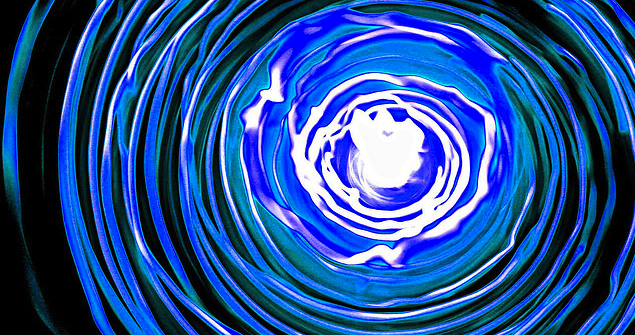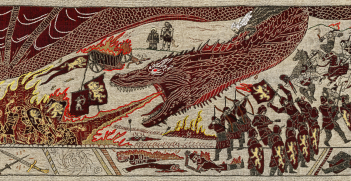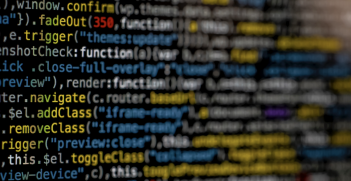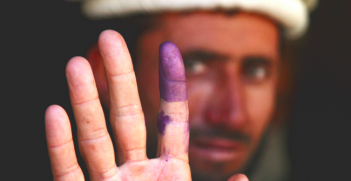EU and Australia: Expanding the Circle of Security

The EU and Australia are partners in cooperative security. The question is how they should focus their efforts.
When we think about the EU and Australia, we often think about trade. But the EU and Australia are also security partners in a number of ways. A conference at the ANU Centre for European Studies supported by the Konrad Adenauer Foundation last week on “Australia-European Union Cooperative Security in a New Strategic Environment” found many areas for security cooperation: from counter-terrorism and cybersecurity, to regional and multilateral forums.
Listening to discussions, I was struck by two competing metaphors for Australia-EU security cooperation. On the one hand, the primary image was of the EU and Australia as islands of relative peace and prosperity in a world of threatening dark forces. There was a sense of drawing together for comfort and security: a metaphorical sharing of body-warmth in a hostile environment. On the other hand, there was a competing image of the EU and Australia as circles of light that gradually, step by step, try to expand their zone of peace and prosperity to those outside the charmed space: to expand their metaphorical luminous circle to shine on more and more.
Which is a better image: “security from” or “security in”?
Reflecting on discussions, I thought the first metaphor was probably the one most evident, perhaps unsurprisingly given sessions on terrorism and cyber threats. Other examples discussed were criminal networks, mass migration, disruption of the sea lanes of communication and even the security aspects of space exploration. The sense was of external threats penetrating the safety of our territories. In such a battle, the EU and Australia are on the same side of the fence.
At the same time, there was some discussion of how to expand the circle of peace. The EU and Australia already cooperate on a number of areas – such as counter-proliferation – where their joint efforts can improve security for others. Other ideas discussed included promoting open internet governance as a tool to promote freedom and encouraging countries to take care of their citizens to prevent security issues spilling over. However there are many other areas that could be added to this list: cooperation on international development; humanitarianism; women, peace and security; and the security impact of trade and economic empowerment. Australia and the EU can assist in capacity building in a number of ways.
I would argue that the second image is the better one. The idea of circles of peace and prosperity resonates well with the EU’s vision of itself as an entity that has expanded its territorial space through accession, not conquest; as a model that works through emulation. As conference speakers pointed out, if the rest of the world were more like Europe there would be more spaces where war had become unthinkable; there would be more spaces that have brought to heel the forces that cause instability and war.
In the end it is the second image that gives us a better chance at building international security. Huddling together may help fend off attacks, but it does not prevent them. One of the key things that the EU and Australia can do together is to work to strengthen the liberal order. Both are status quo countries who have benefited from the current order; they are equally faced by dealing with the forces that are currently challenging what has been a comfortable situation. Together they might be able to salvage what can be preserved of the liberal order in a way that helps to build global peace. This means a focus on working together to strengthen global frameworks and norms.
At a time of crisis in multilateralism, it may seem perverse to be suggesting greater focus on cooperation in international fora, but this is an area where EU-Australia cooperation can reap great rewards. Going back to some older and unfashionable formulations: the task is for a normative power Europe and a middle power Australia to work together to expand the circle of security, not only for themselves, but for others.
Melissa Conley Tyler is National Executive Director of the Australian Institute of International Affairs. This is an edited version of her remarks at the “Australia-European Union Cooperative Security in a New Strategic Environment” Conference at the ANU Centre for European Studies supported by the Konrad Adenauer Foundation on 19 March. The ANU Centre for European Studies will be producing a briefing paper and full report summarising the event. This article can be republished with attribution under a Creative Commons Licence.





